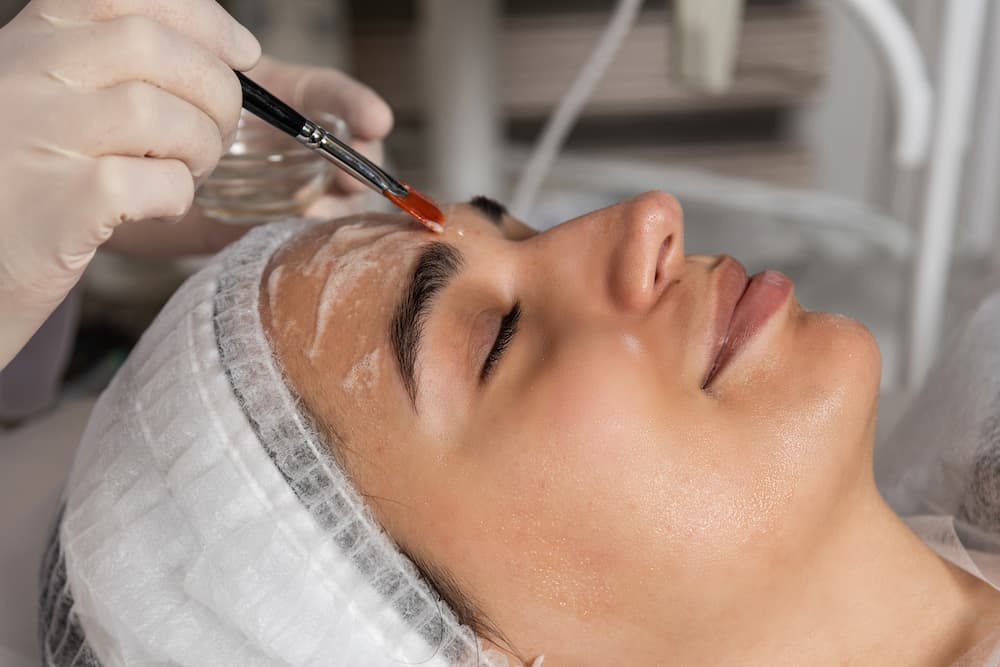Weather can be tough on anyone’s skin, and it doesn’t get easier for someone with eczema which is very prevalent, affecting approximately 31.6 million people in the US. So, if you have eczema, you understand how unpleasant a flare-up can be. Eczema flares make your skin dry and itchy. These symptoms range from mild irritation to intense distress and disability, depending on your trigger factors. One of these factors is weather changes. So, which weather is the worst? It simply depends on the person, as any weather can cause an eczema flare-up in some people.
However, it’s not all about bad news; there are some effective ways to help prevent and manage eczema flare-ups caused by weather changes. This guide seeks to reveal the connection between eczema and weather changes and how you can stay safe.
How Weather Affects Eczema
Seasons change regardless of where you live, leading to new weather and temperatures. Healthy skin acts as a barrier to protect you; however, if you live with eczema, these changes are likely to cause a flare-up, depending on your triggers.
During mild weather, people with eczema undergo prolonged periods of disease dormancy. The disease becomes active when transitioning into summer or winter, and eczema flares get severe and frequent.
In warm summer seasons, sweating makes your skin drier. The salt in sweat itches and irritates your skin, triggering your eczema symptoms.
As warm summer winds blow, they carry dust and pollen, which land on your skin. If you are allergic to these factors, you experience an itchy flare-up.
Eczema flares are common during winter as the air is drier than usual. The air dries up your skin and causes the “winter’s itch.” You will likely experience severe flare-ups, especially if you have asteatotic eczema.
Weather changes affect your behavior, causing an eczema flare-up. If you spend more time outdoors in summer and huddle under a blanket in winter, you’ll get exposed to various eczema triggers. These triggers exist both indoors and outdoors and include:
- Hot water
- Sun and sunscreen products
- Pollen
- Certain clothes
- Soaps, detergents, and shampoos
- Stress
- Allergies
- Skin infections
Why This Happens
Atopic eczema is a condition that weakens your skin’s protective ability. It makes your skin lose moisture faster and become more vulnerable to outside elements, such as:
- Heat
- Humid
- Cold
- Wind
These weather elements make your skin dry and itchy when at extreme levels. They cause eczema flares, which may be severe or more frequent depending on your triggers.
How To Prevent Flares
You should first take note of the kind of weather that stir up your eczema. Is it during the summer or winter? Once you have an answer, use the tips below to ease eczema symptoms:
Eczema in Warm, Humid Weather
The humid, warm, and sunny weather is a relief for some people with eczema. Others find it unpleasant and irritating. Follow these tips to help ease symptoms:
- Avoid getting too sweaty by staying indoors or using air conditioning
- Wear soft and breathable clothing to keep your skin cool
- Protect yourself from the sun with a hat and clothes
- Apply lotion before swimming so the salt in seawater or chlorine in pools won’t irritate your skin
- Avoid sprays and lotions with chemicals that trigger your symptoms
- Take a cold shower to rinse off possible triggers like sweat, pollen, or salt
Eczema in Cool, Dry Weather
Winter air can be tough on your skin as it dries out and triggers an eczema flare-up. Here are a few things to do:
- Apply suitable lotion to keep your skin moist
- Wear cotton clothes and gloves to cover your skin
- Look out for indoor allergens like pet fur or dust
- Wear layers and get them off as needed to avoid an itchy sweat
What You Can Do
Consider visiting a dermatologist or doctor if you find it difficult to cope with eczema flares. These professionals help identify the causes and create a custom treatment plan. They even prescribe effective remedies and treatments to ease your symptoms. Some of these remedies include:
- Medication
- Wet wrap therapy
- Bleach baths
- Light therapy
- Regular use of moisturizer
- Frequent bathing with mild cleansers
Book an Appointment Today
Weather changes have mild to severe effects on people with eczema. They make the air dry and itchy, stirring up eczema flares. Fill out the form below to find out more, or book an appointment today.




.svg)



.svg)



.jpg)



.png)


